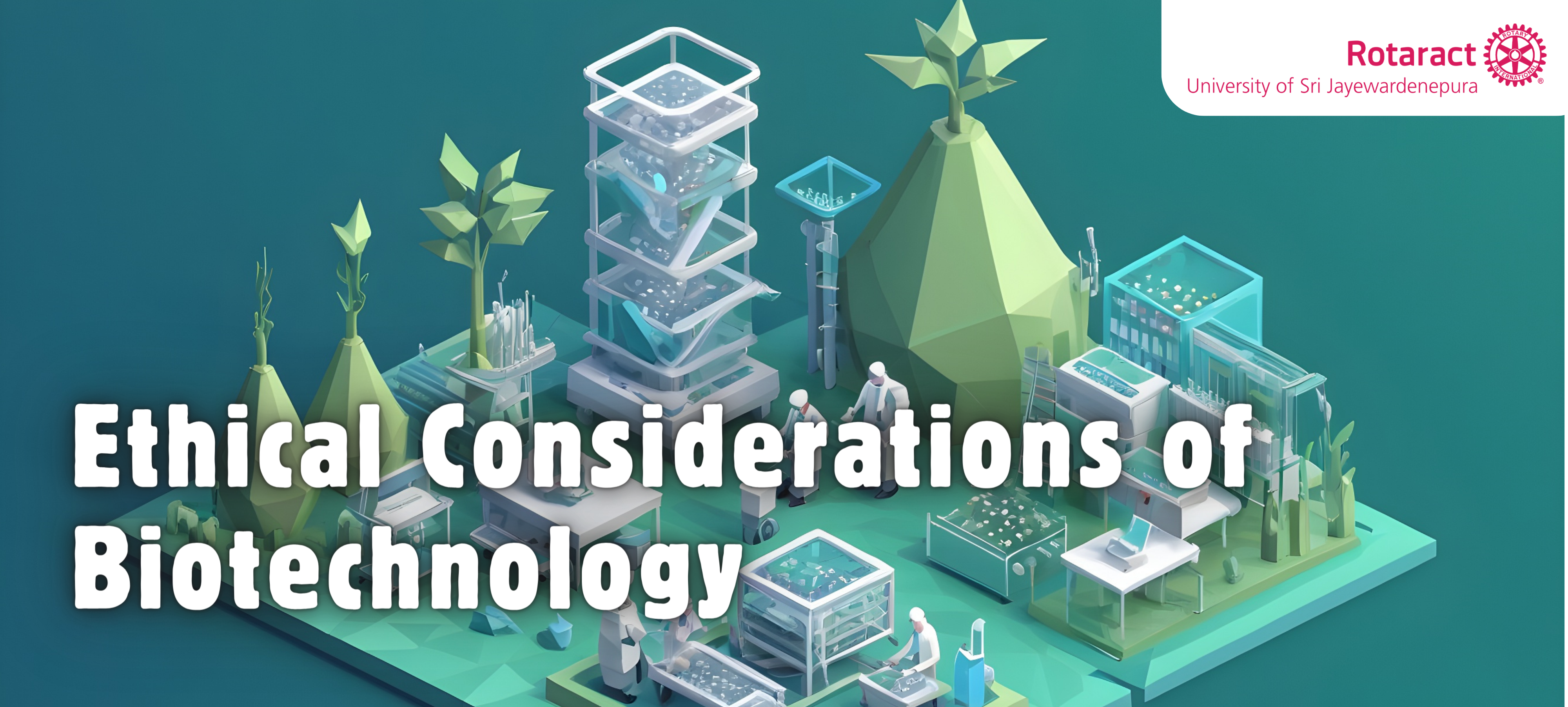First of all, what is biotechnology? Biotechnology is a field that bridges the gap between biology and technology, and its main use is in genetics and the modification of living things to suit our wants and needs. This spans anywhere from developing genetically modified crops to more radical advancements like CRISPR and genetic editing technology. But there are a whole lot of ethical arguments attached to the use of biotechnology and the pursuit of technological advances in this field.
First of all, what is biotechnology? Biotechnology is a field that bridges the gap between biology and technology, and its main use is in genetics and the modification of living things to suit our wants and needs. This spans anywhere from developing genetically modified crops to more radical advancements like CRISPR and genetic editing technology. But there are a whole lot of ethical arguments attached to the use of biotechnology and the pursuit of technological advances in this field.
Biotechnology, the use of living organisms or their systems to develop new products or processes, holds great promise for advancements in medicine, agriculture, and industry. However, along with these advancements come important ethical considerations that must be carefully addressed.
One crucial ethical consideration in biotechnology is the principle of informed consent. This means that individuals should be fully informed about any risks or benefits associated with biotechnological procedures or treatments before they agree to participate. It’s like making sure people know what they’re getting into before they say yes.
Respect for Autonomy.Autonomy means respecting a person’s right to make their own decisions. In biotechnology, this means that individuals should have the freedom to choose whether or not to participate in biotechnological experiments or treatments without any pressure or coercion from others.
Beneficence and Non-maleficence. These are big words, but they’re really about doing good and not causing harm. Biotechnological advancements should aim to benefit humanity, but at the same time, they should avoid causing harm to individuals or society. For example, developing new medicines should focus on helping people get better without causing any unintended negative effects.
Biotechnology should be used in a way that is fair and just for everyone. This means that access to biotechnological treatments or procedures should not be based on factors like wealth, race, or social status. Everyone should have an equal chance to benefit from biotechnological advancements.
With the use of biotechnology comes the need to protect individuals’ privacy and confidentiality. Personal genetic information, for example, should be handled with care to prevent unauthorized access or misuse. People should feel safe knowing that their genetic information won’t be shared without their permission.
Biotechnology can also have an impact on the environment. It’s important to consider how biotechnological processes or products might affect ecosystems and biodiversity. Scientists need to think about the long-term consequences of their work on the environment and take steps to minimize any negative impacts.
Different cultures and religions may have their own beliefs and values regarding biotechnology. It’s important to respect these beliefs and engage with communities in a way that is culturally sensitive. This means listening to their concerns and involving them in decision-making processes.
Some biotechnological research or products could have both beneficial and harmful applications. For example, advances in gene editing technology could be used to treat genetic diseases, but they could also be misused for unethical purposes, such as creating designer babies. It’s important to carefully consider the potential dual uses of biotechnology and put measures in place to prevent misuse.
In conclusion, while biotechnology has the potential to bring about significant advancements for humanity, it’s important to approach its development and use with careful consideration of ethical principles. By ensuring informed consent, respecting autonomy, promoting beneficence and non-maleficence, upholding justice and fairness, protecting privacy and confidentiality, addressing environmental concerns, respecting cultural and religious beliefs, and considering the dual use of biotechnological advancements, we can strive to harness the benefits of biotechnology while minimizing any potential ethical pitfalls.
Written by: Rtr. Methmi Ranasinghe
Graphic design by: Rtr. Sathmi Dinanja



0 Comments